To curb malpractices at blood banks, the state health department is laying down a policy for blood transfusions, which will include bringing parity in the prices of blood bags at all 272 blood banks in Maharashtra.
By next year, blood banks will not be allowed to sell blood units, but only charge processing fees.
To curb malpractices at blood banks, the state health department is laying down a policy for blood transfusions, which will include bringing parity in the prices of blood bags at all 272 blood banks in Maharashtra.
Senior doctors from JJ Hospital said that the average blood processing charge per unit should be between Rs400 and Rs 450, but most private banks charge between Rs1,200 and Rs2,000 per unit.
The policy will also mandate that hospitals and nursing homes cannot force relatives of patients who require blood transfusion, to look for donors to replace the used blood.
“The policy will bring relief to patients who require blood and their relatives. We have appointed an expert committee, comprising health department officials, heads of the pathology departments of state-run hospitals and NGOs, to frame the policy,” said Suresh Shetty, state health minister.
The policy will be drafted based on directives of the National Blood Transfusion Council (NBTC).
“Currently, there is no control over blood banks and they charge blood bags in the guise of processing fees. Private blood bank gets free blood from donors. How can they sell it at exorbitant charges? They charge processing fees. All these issues will be taken care of by the new policy that we plan to have in place in the next six months,” the minister added.
Maharashtra has its own body, the State Blood Transfusion Council (STBC), to regulate blood banks, but does not have a comprehensive policy on the issue. The NBTC had formulated a policy to eliminate profiteering by blood banks.
Over the years, the state health department has received several complaints from relatives of patients about harassment by the hospital staff to get blood to replace that given to the patient. Some hospitals do not even discharge a patient until they get the “replacement blood”.
Dr Gustad Davar, medical director at Hinduja Hospital, said: “We do not force relatives of patients to donate blood, but it is expected that they should voluntarily donate. If relatives fail to provide the replacement, we provide the blood. We only ask them to pay processing charges.”
The Tarun Mitra Mandal, an NGO that organises three blood donation camps every year, collected 10,000 units of blood last year. “It is a good thing that the government is making a policy for blood banks. Somebody should regulate blood banks,” said Harish Gogari, president of the mandal.
“Hospitals cannot force relatives for ‘replacement blood’. Also, there is a need to control processing fees. But, the charges levied by private blood banks are decided by the National Pharmaceutical Pricing Authority as the Food and Drugs Administration treat blood as drugs,” said Dr Girish Chaudhary, in-charge director, State Blood Transfusion Council.
![submenu-img]() Top Hezbollah commander among 8 killed in Lebanon's Beirut attack, 50 others injured
Top Hezbollah commander among 8 killed in Lebanon's Beirut attack, 50 others injured![submenu-img]() Jani Master's wife Ayesha breaks silence after his arrest in sexual assault case in Goa: 'I will leave him'
Jani Master's wife Ayesha breaks silence after his arrest in sexual assault case in Goa: 'I will leave him'![submenu-img]() Tirupati Laddoo Row: Rahul Gandhi reacts to alleged use of ‘animal fat’, says 'this issue will hurt every devotee...'
Tirupati Laddoo Row: Rahul Gandhi reacts to alleged use of ‘animal fat’, says 'this issue will hurt every devotee...'![submenu-img]() Salman Khan's Chulbul Pandey to join Ajay Devgn's Singham Again? Taran Adarsh reveals, 'he will light up the screen...'
Salman Khan's Chulbul Pandey to join Ajay Devgn's Singham Again? Taran Adarsh reveals, 'he will light up the screen...'![submenu-img]() DNA TV Show: What role does politics play in Tirupati laddoo row? Is this battle for ownership of temple trust?
DNA TV Show: What role does politics play in Tirupati laddoo row? Is this battle for ownership of temple trust?![submenu-img]() कौन हैं Air Marshal Amarpreet Singh, जो बनेंगे भारतीय वायुसेना के नए चीफ? फाइटर जेट्स की टेस्टिंग और उड़ाने में हैं माहिर
कौन हैं Air Marshal Amarpreet Singh, जो बनेंगे भारतीय वायुसेना के नए चीफ? फाइटर जेट्स की टेस्टिंग और उड़ाने में हैं माहिर![submenu-img]() Noida Viral Video: 'जाको राखें साइयां, मार सके ना कोए' स्कूटी में टक्कर लगते ही उछलकर एलिवेटिड रोड से गिरी लड़की, ऐसे बची जान
Noida Viral Video: 'जाको राखें साइयां, मार सके ना कोए' स्कूटी में टक्कर लगते ही उछलकर एलिवेटिड रोड से गिरी लड़की, ऐसे बची जान![submenu-img]() कौन है जूही प्रकाश, आगरा की महिला सपा नेता पति की धुनाई करने के आरोप में फंसी, अब हुई FIR दर्ज
कौन है जूही प्रकाश, आगरा की महिला सपा नेता पति की धुनाई करने के आरोप में फंसी, अब हुई FIR दर्ज![submenu-img]() मेक्सिको के ड्रग्स पैडलर्स में छिड़ी गैंगवार, अब तक 100 लोगों की मौत, 5 पॉइंट में पढ़ें पूरी बात
मेक्सिको के ड्रग्स पैडलर्स में छिड़ी गैंगवार, अब तक 100 लोगों की मौत, 5 पॉइंट में पढ़ें पूरी बात![submenu-img]() Diljit Dosanjh पर फैन ने फेंका फोन, सिंगर ने यूं किया रिएक्ट, देखें Video
Diljit Dosanjh पर फैन ने फेंका फोन, सिंगर ने यूं किया रिएक्ट, देखें Video![submenu-img]() Ford to return to India after 2 years with reopening of....
Ford to return to India after 2 years with reopening of....![submenu-img]() Maruti Suzuki launches new Swift CNG, check price, mileage, other features
Maruti Suzuki launches new Swift CNG, check price, mileage, other features![submenu-img]() ‘30 LPA, 3BHK, no in-laws’: Woman earning Rs 1.32 lakh salary lists demands for future husband, netizens say...
‘30 LPA, 3BHK, no in-laws’: Woman earning Rs 1.32 lakh salary lists demands for future husband, netizens say...![submenu-img]() In a big EV push, Centre launches Rs 10900 crore PM E-Drive scheme to replace…
In a big EV push, Centre launches Rs 10900 crore PM E-Drive scheme to replace…![submenu-img]() World’s longest car has helipad, swimming pool, mini-golf course, can seat over…; it cost…
World’s longest car has helipad, swimming pool, mini-golf course, can seat over…; it cost…![submenu-img]() Meet man who passed JEE Advanced with AIR 1, completed B.Tech from IIT Bombay, is now pursuing…
Meet man who passed JEE Advanced with AIR 1, completed B.Tech from IIT Bombay, is now pursuing…![submenu-img]() Meet man, whose father's death encouraged him to quit IAS job, create multi-crore company, he is...
Meet man, whose father's death encouraged him to quit IAS job, create multi-crore company, he is...![submenu-img]() Meet woman, who scored 97% in class 12, secured 705 out of 720 marks in NEET exam, her AIR is...
Meet woman, who scored 97% in class 12, secured 705 out of 720 marks in NEET exam, her AIR is...![submenu-img]() NEET UG Counselling 2024: Round 2 seat allotment result declared at mcc.nic.in, check direct link here
NEET UG Counselling 2024: Round 2 seat allotment result declared at mcc.nic.in, check direct link here![submenu-img]() Meet IPS officer who has resigned after serving for 18 yrs due to...
Meet IPS officer who has resigned after serving for 18 yrs due to...![submenu-img]() Congress President Kharge Slams & Opposes 'One Nation, One Election' Proposal, Calls It Impractical
Congress President Kharge Slams & Opposes 'One Nation, One Election' Proposal, Calls It Impractical![submenu-img]() Why 'One Nation One Election' Is important? Ashwini Vaishnaw Explains After It Gets Cabinet Approval
Why 'One Nation One Election' Is important? Ashwini Vaishnaw Explains After It Gets Cabinet Approval![submenu-img]() Jammu Kashmir Assembly Election 2024 Phase 1 Highlights: What Happened In First phase In J&K Polls?
Jammu Kashmir Assembly Election 2024 Phase 1 Highlights: What Happened In First phase In J&K Polls?![submenu-img]() One Nation One Election: Centre Clears Proposal, Bill To Be Introduced In Winter Session | Modi 3.0
One Nation One Election: Centre Clears Proposal, Bill To Be Introduced In Winter Session | Modi 3.0![submenu-img]() Haryana Elections 2024: Is BJP Set To Lose In Haryana? Anti-Incumbency And Other Factors Analysed
Haryana Elections 2024: Is BJP Set To Lose In Haryana? Anti-Incumbency And Other Factors Analysed![submenu-img]() This stock of Anil Ambani sees huge growth, price jumps more than 50% in a week
This stock of Anil Ambani sees huge growth, price jumps more than 50% in a week![submenu-img]() This billionaire, once world’s richest man, witnesses drop in wealth due to...; not Mukesh Ambani, Adani
This billionaire, once world’s richest man, witnesses drop in wealth due to...; not Mukesh Ambani, Adani![submenu-img]() Meet man who started as intern at Nike, is now its CEO after 32 years, his salary is Rs...
Meet man who started as intern at Nike, is now its CEO after 32 years, his salary is Rs...![submenu-img]() Meet man who received gift worth Rs 15000000000 from Mukesh Ambani, is referred to as his 'right hand', he is...
Meet man who received gift worth Rs 15000000000 from Mukesh Ambani, is referred to as his 'right hand', he is...![submenu-img]() Elon Musk, Oracle CEO once begged this company to take their money, know what had happened
Elon Musk, Oracle CEO once begged this company to take their money, know what had happened![submenu-img]() From Mahira Khan to Sonam Kapoor, Alia Bhatt: Meet Fawad Khan's stunning leading ladies
From Mahira Khan to Sonam Kapoor, Alia Bhatt: Meet Fawad Khan's stunning leading ladies![submenu-img]() Luxurious homes to swanky cars: Most expensive things owned by Virat Kohli
Luxurious homes to swanky cars: Most expensive things owned by Virat Kohli![submenu-img]() Akshay Kumar's biggest flop film was remake of a Malayalam blockbuster, still broke Guinness World Record set by...
Akshay Kumar's biggest flop film was remake of a Malayalam blockbuster, still broke Guinness World Record set by...![submenu-img]() Exploring Uttarakhand: 6 breathtaking destinations in scenic state
Exploring Uttarakhand: 6 breathtaking destinations in scenic state![submenu-img]() From Puga Valley to Hanle: Must-visit places in Ladakh
From Puga Valley to Hanle: Must-visit places in Ladakh![submenu-img]() Tirupati Laddoo Row: Rahul Gandhi reacts to alleged use of ‘animal fat’, says 'this issue will hurt every devotee...'
Tirupati Laddoo Row: Rahul Gandhi reacts to alleged use of ‘animal fat’, says 'this issue will hurt every devotee...'![submenu-img]() DNA TV Show: What role does politics play in Tirupati laddoo row? Is this battle for ownership of temple trust?
DNA TV Show: What role does politics play in Tirupati laddoo row? Is this battle for ownership of temple trust?![submenu-img]() This man left his first wife, built many accounts on matrimonial sites with fake identities, trapped 50 women, then...
This man left his first wife, built many accounts on matrimonial sites with fake identities, trapped 50 women, then...![submenu-img]() Land-for-jobs case: President Murmu authorises prosecution of Lalu Prasad Yadav, CBI submits...
Land-for-jobs case: President Murmu authorises prosecution of Lalu Prasad Yadav, CBI submits...![submenu-img]() Tirupati Laddoo Row: Jagan Reddy says he will write to PM Modi, CJI to take action against...
Tirupati Laddoo Row: Jagan Reddy says he will write to PM Modi, CJI to take action against...

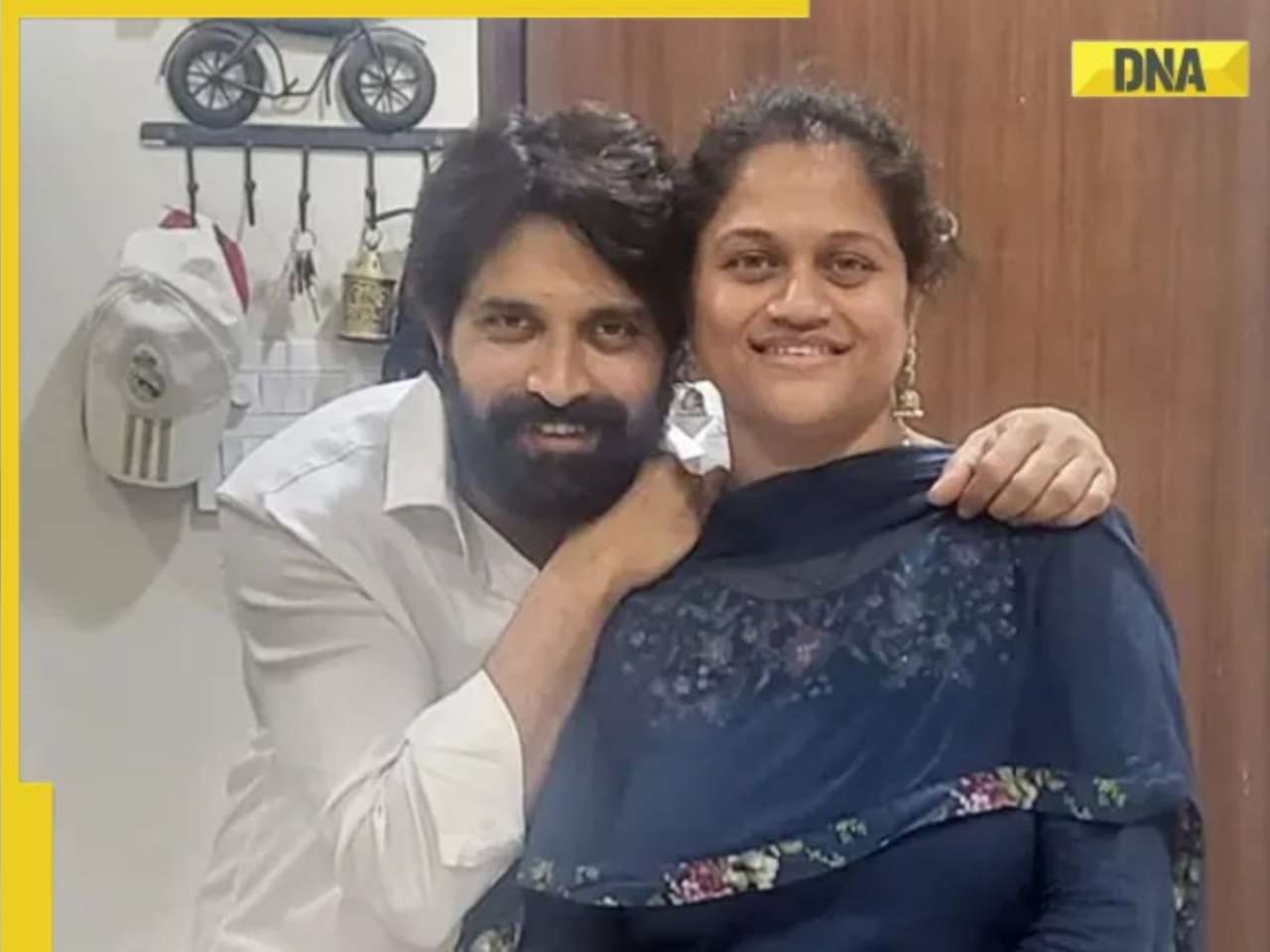
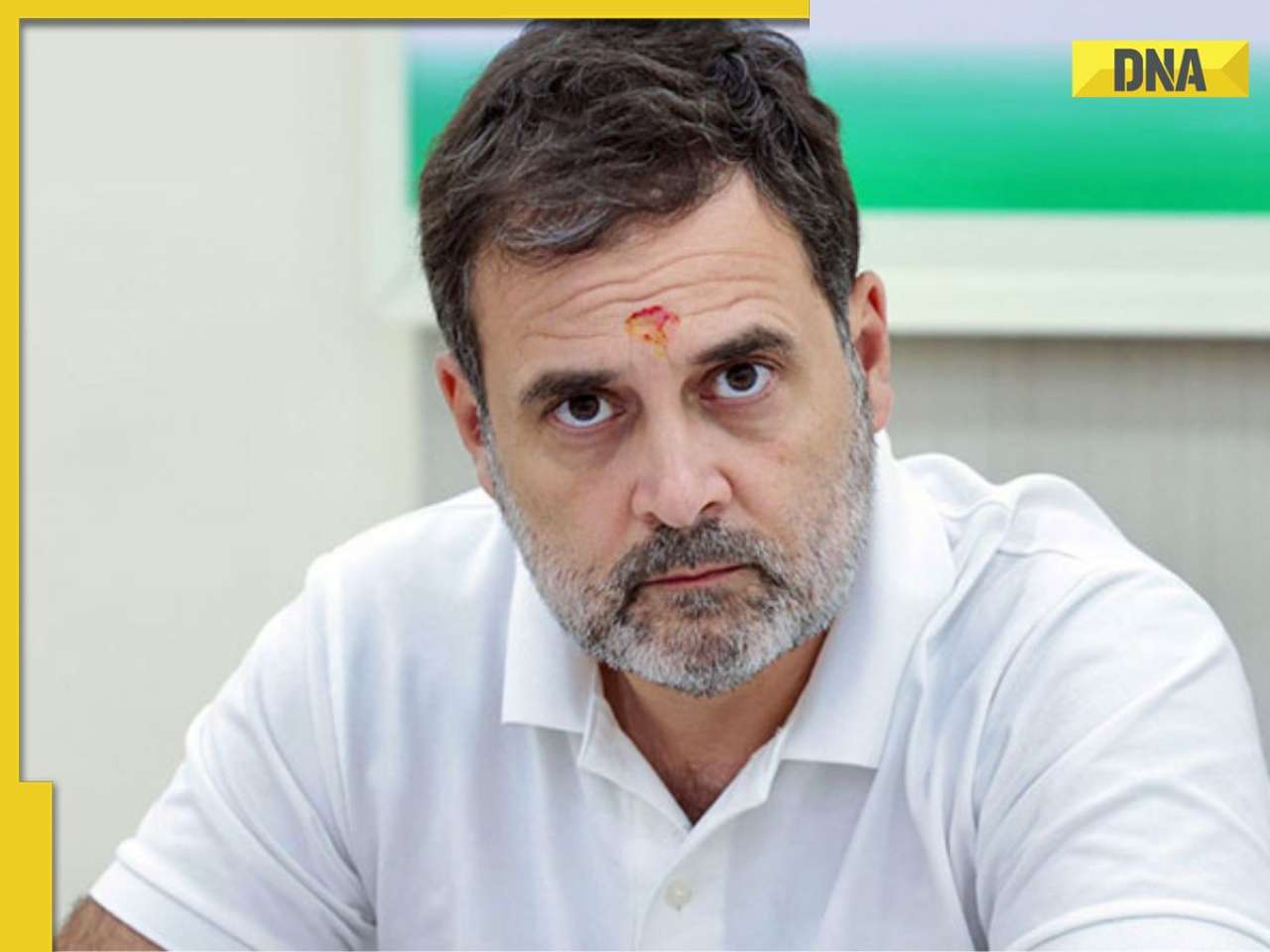
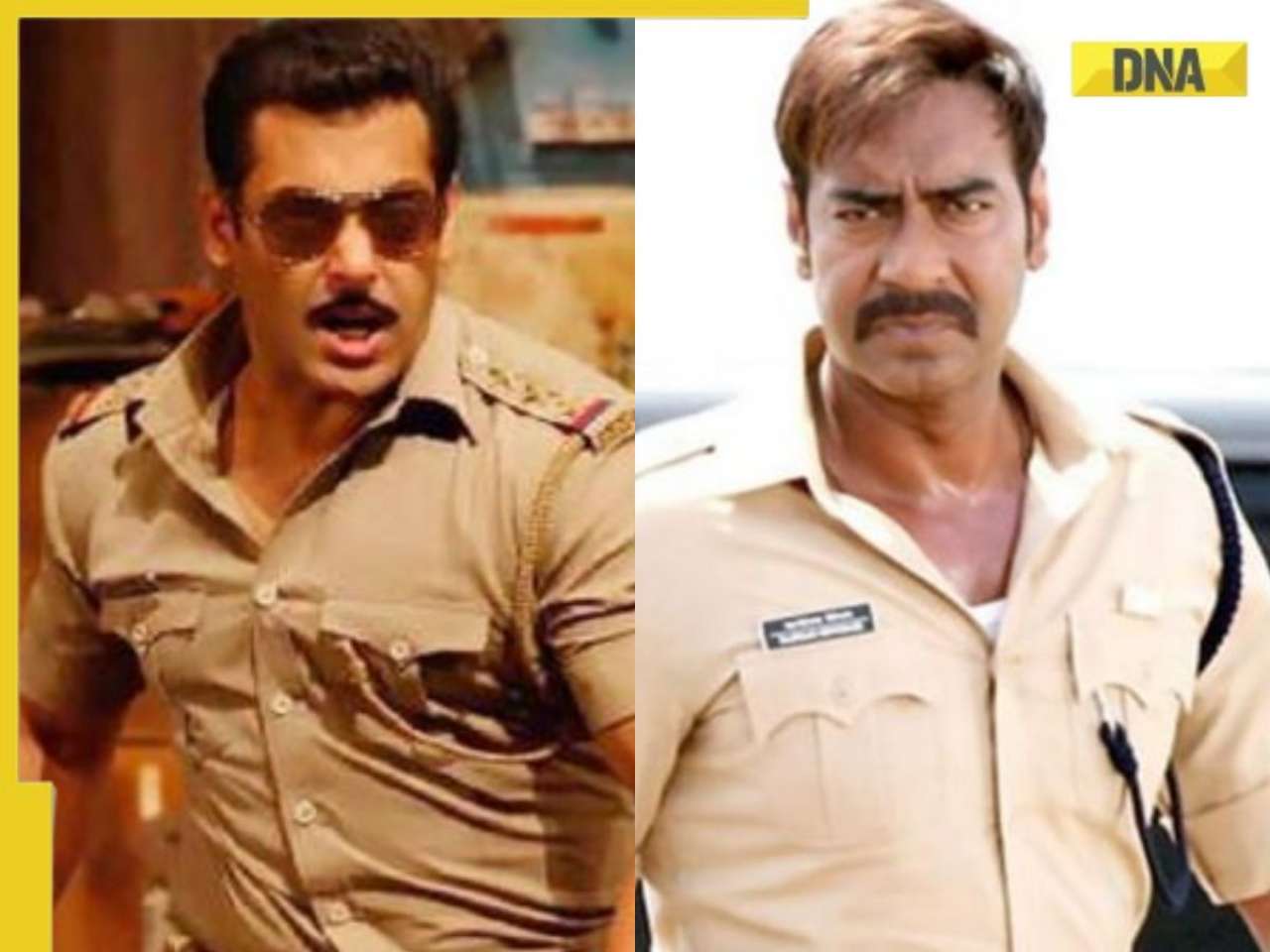
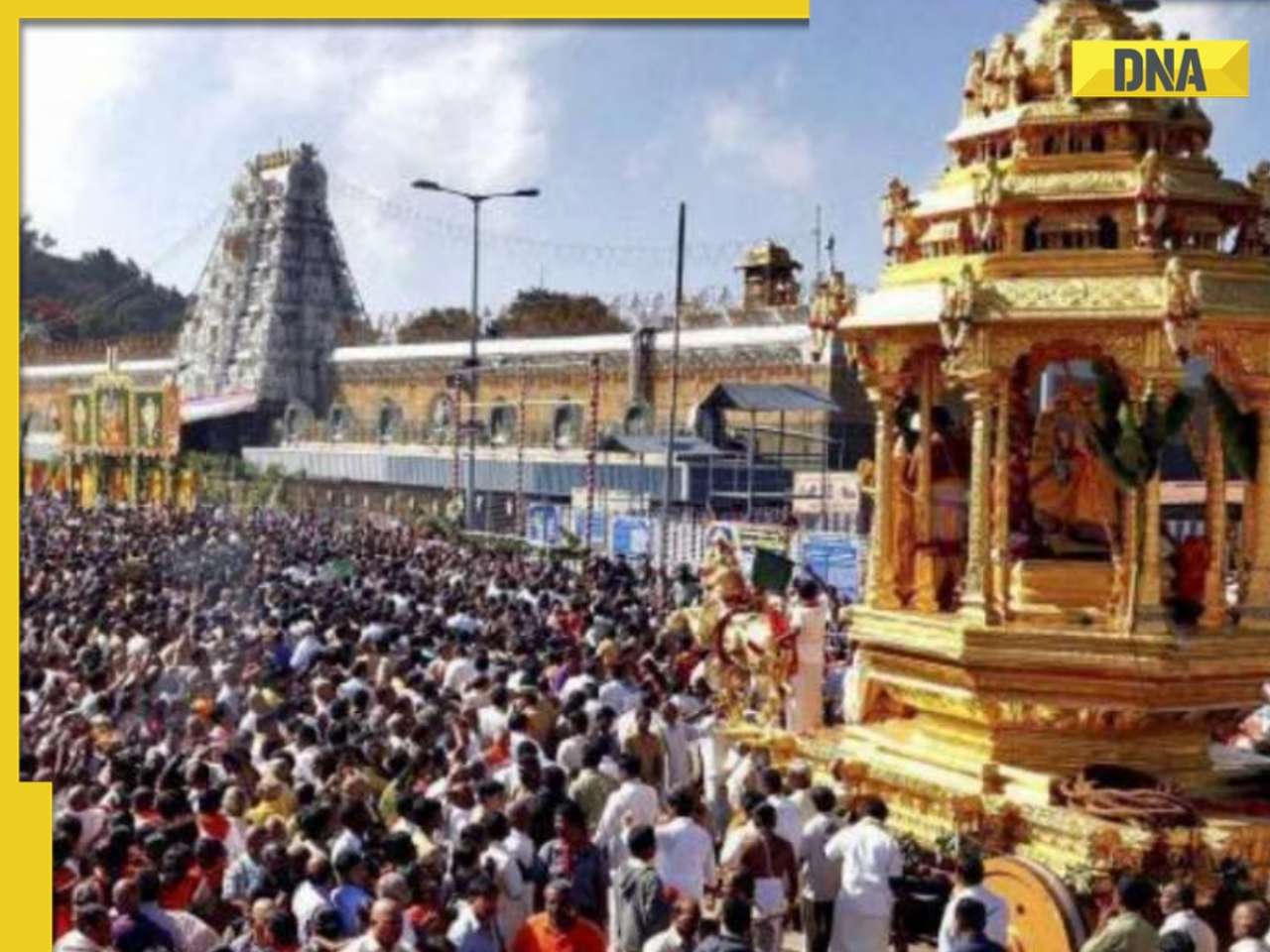















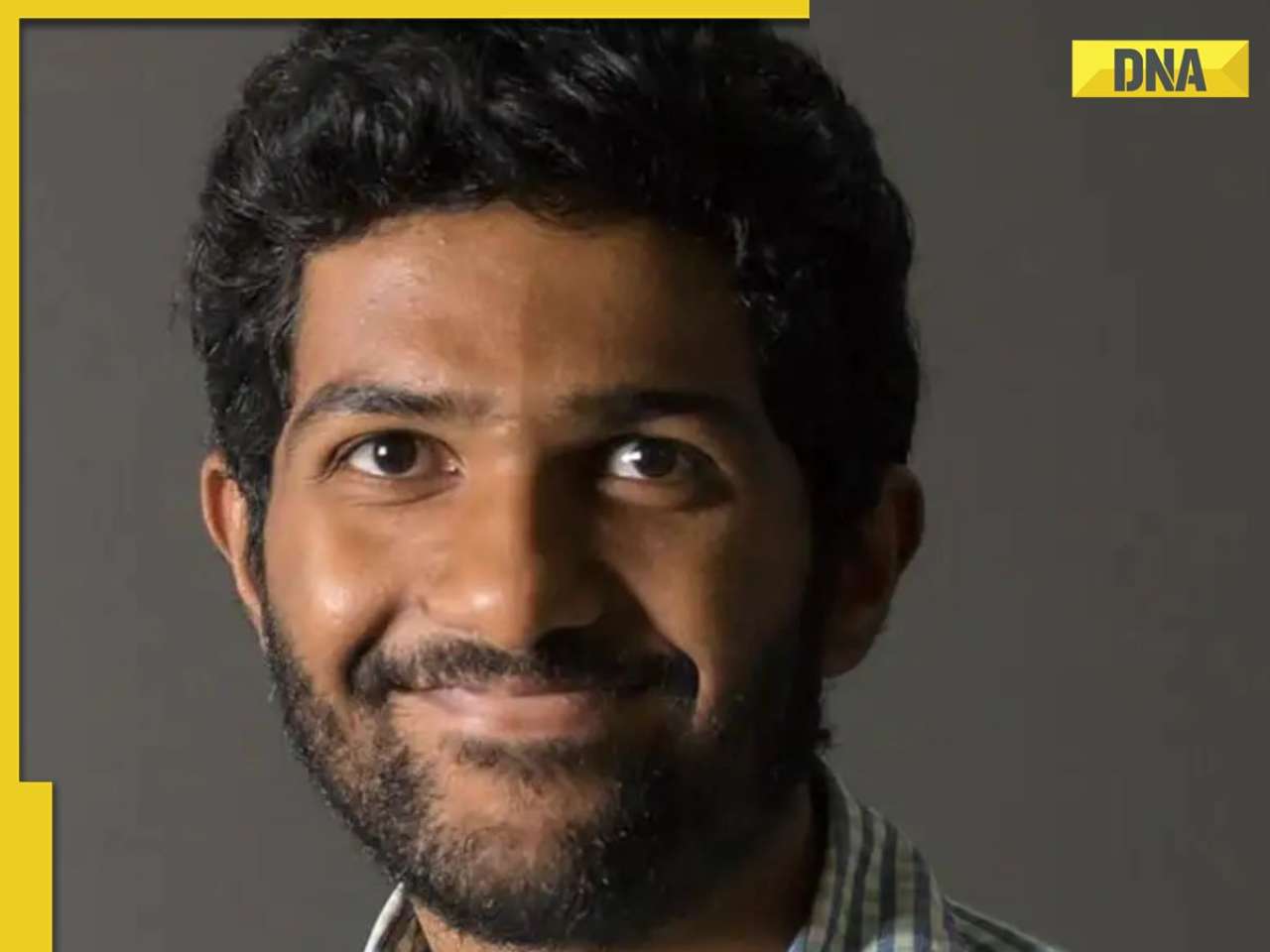
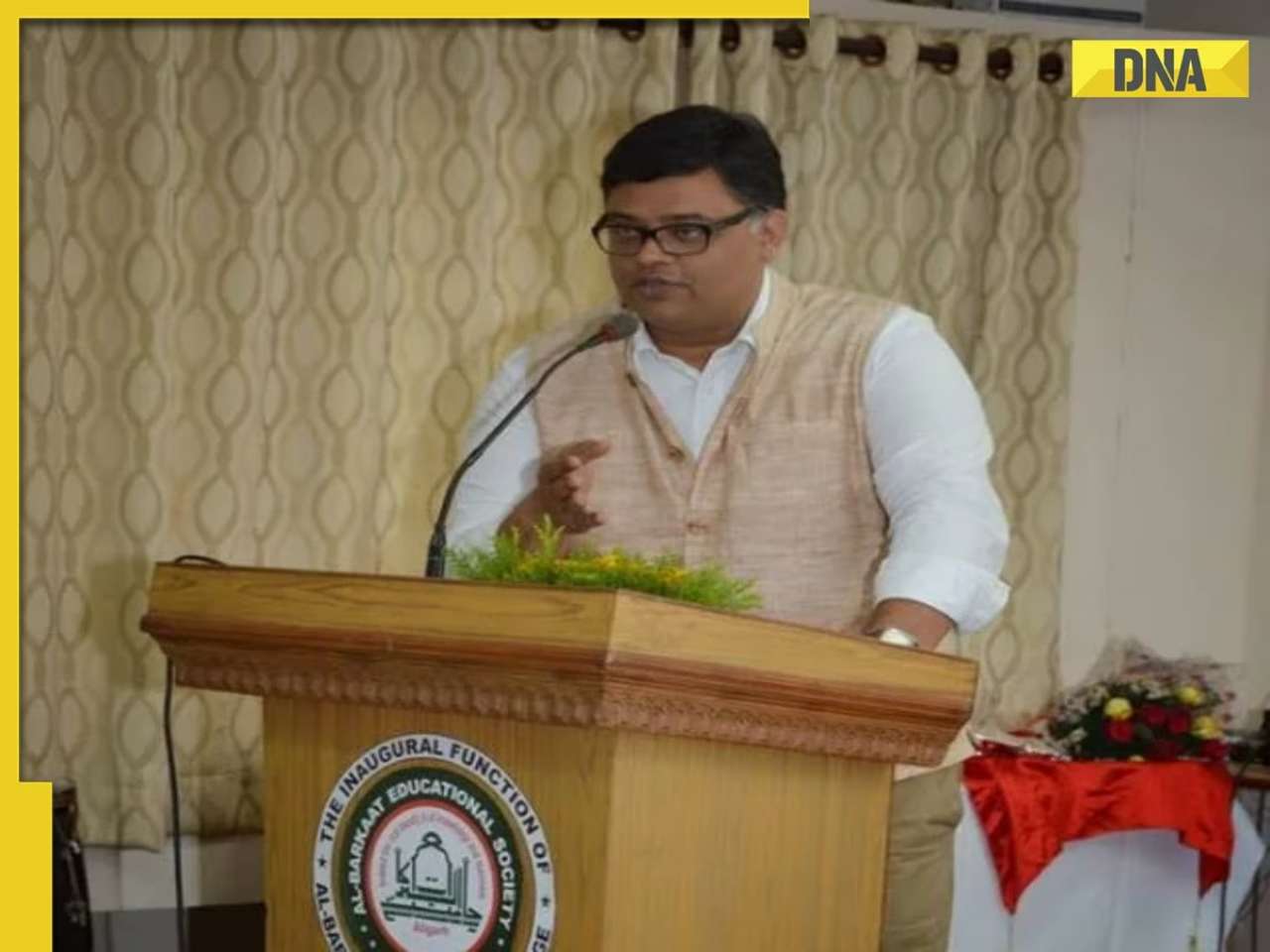


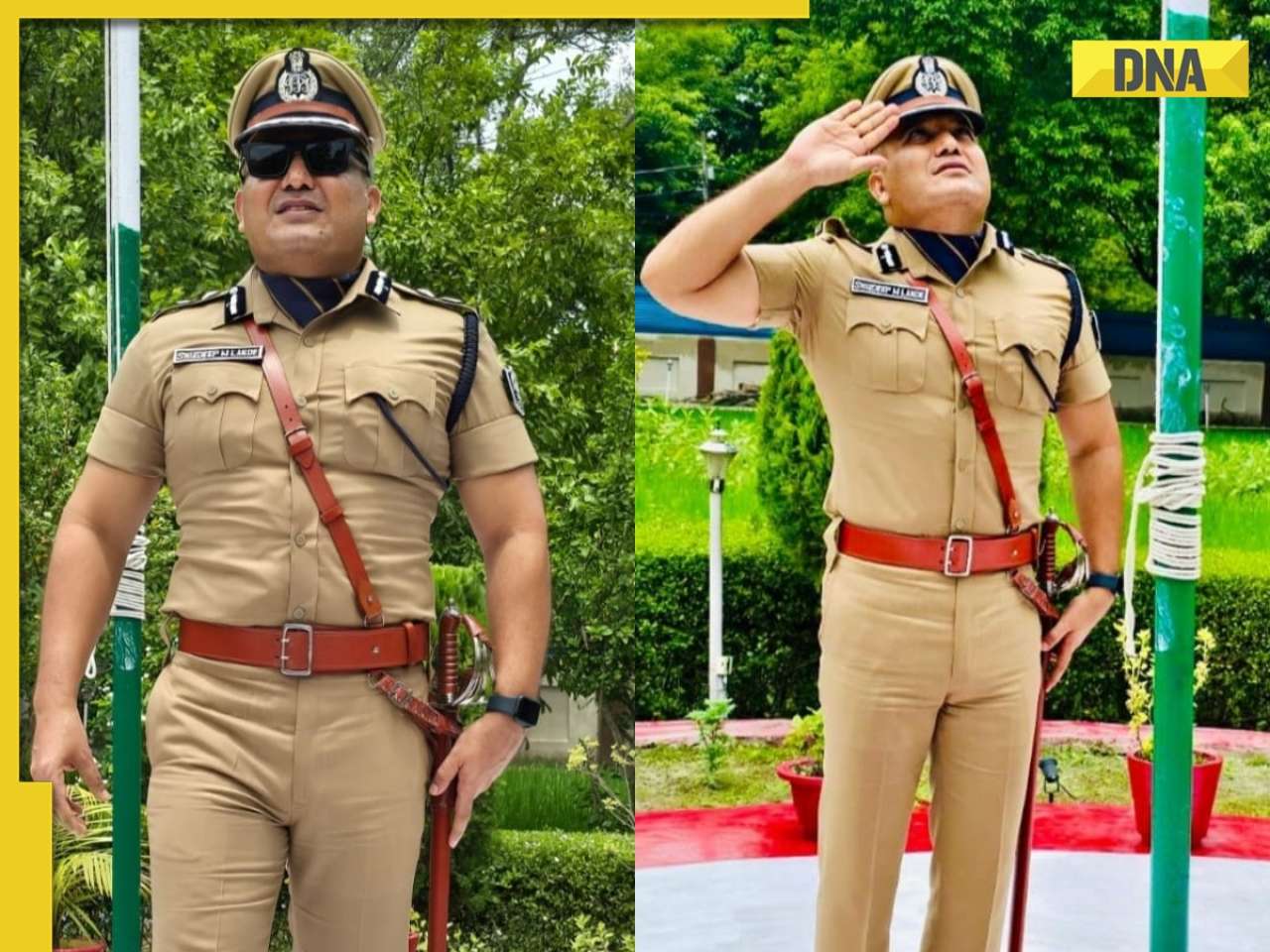
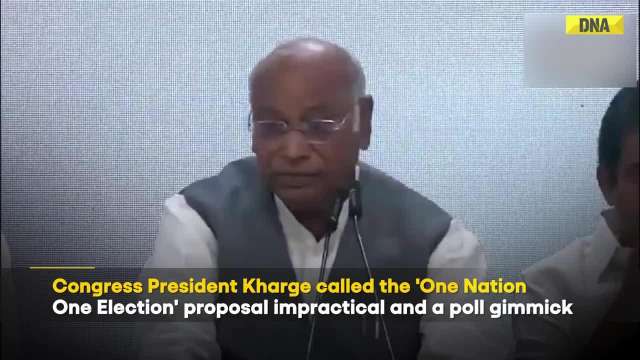
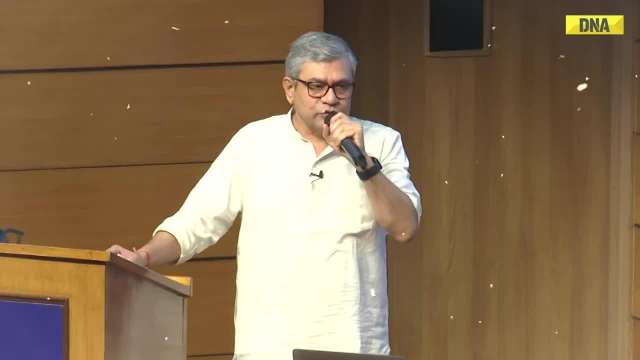
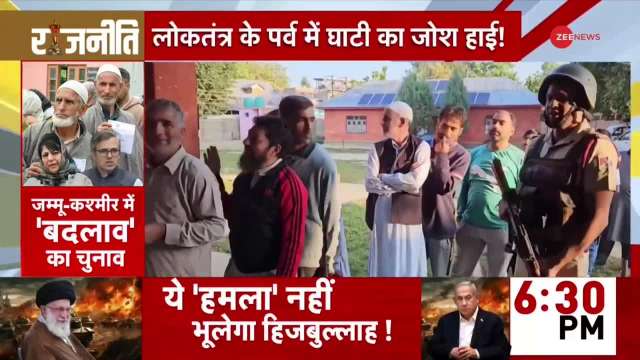
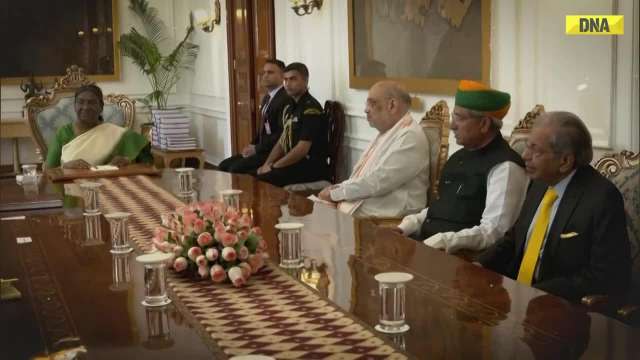

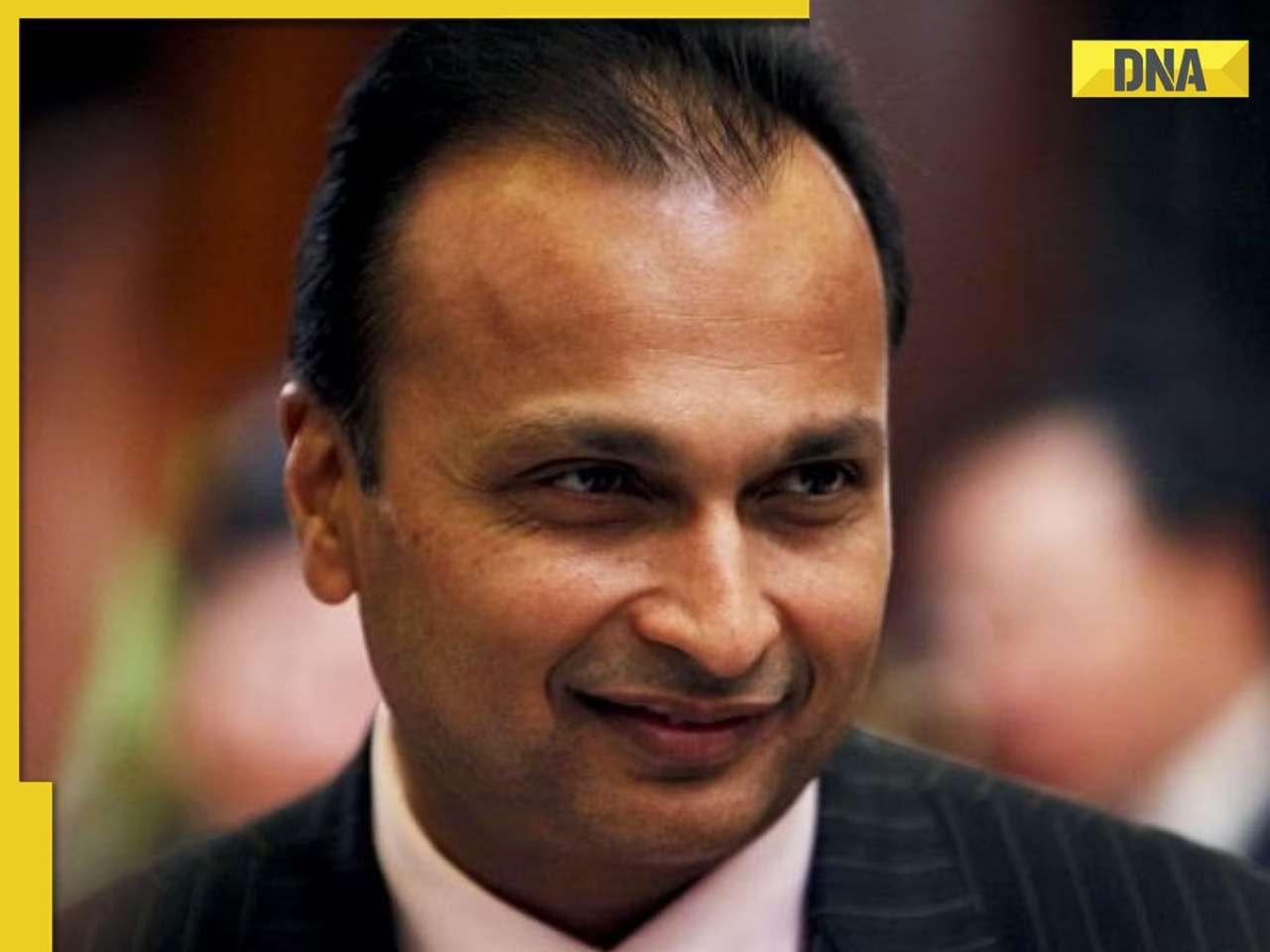
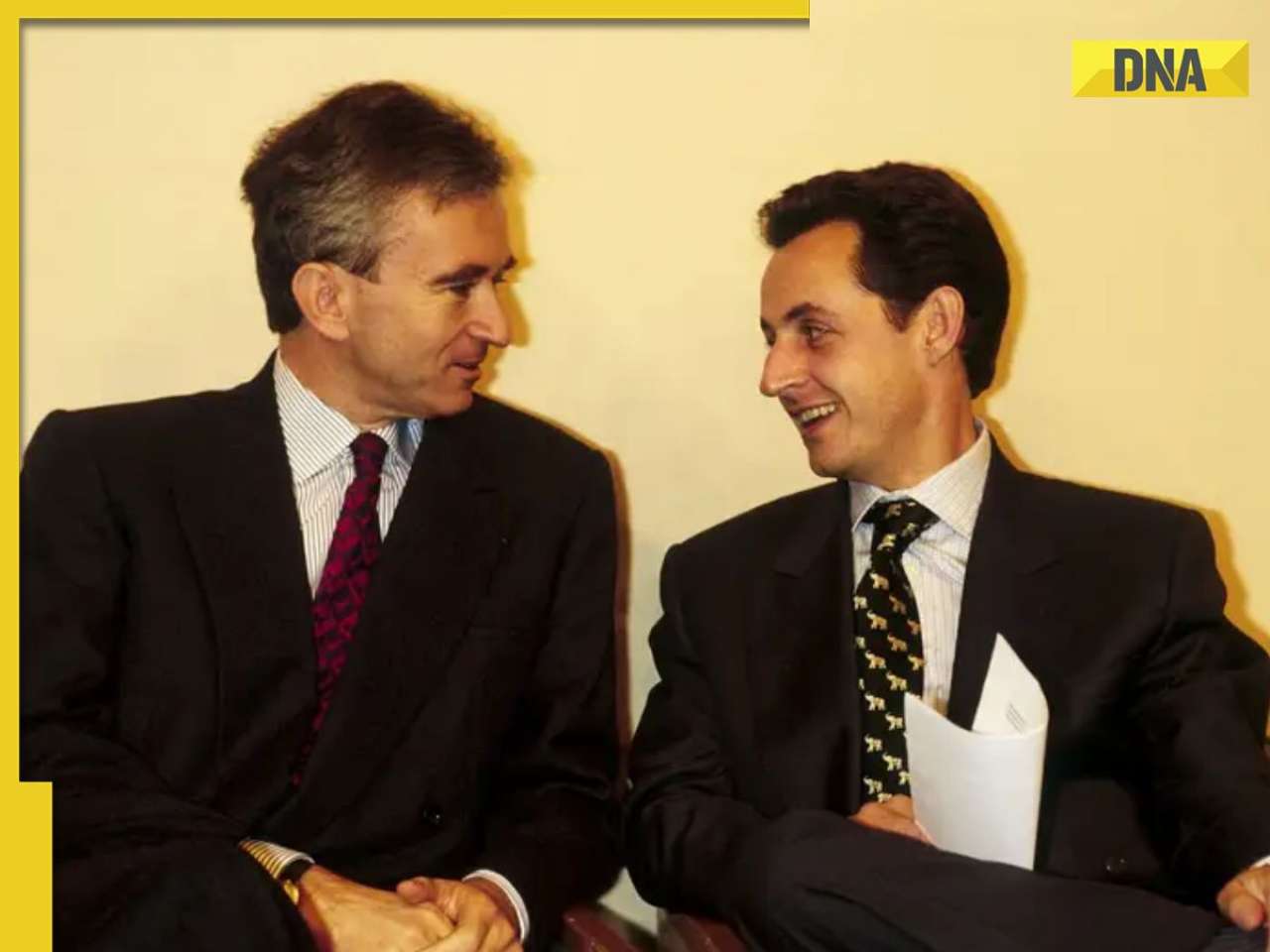
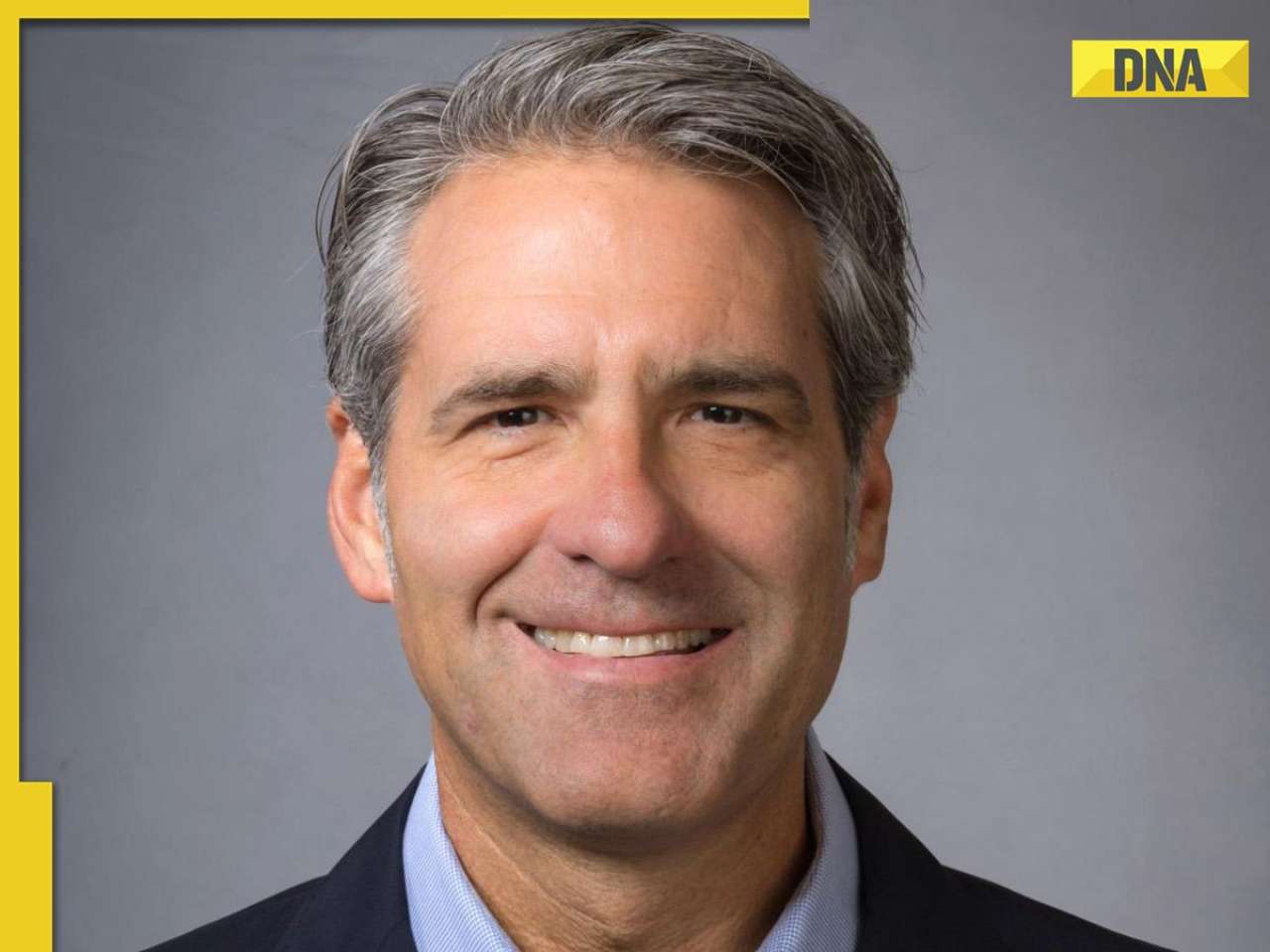
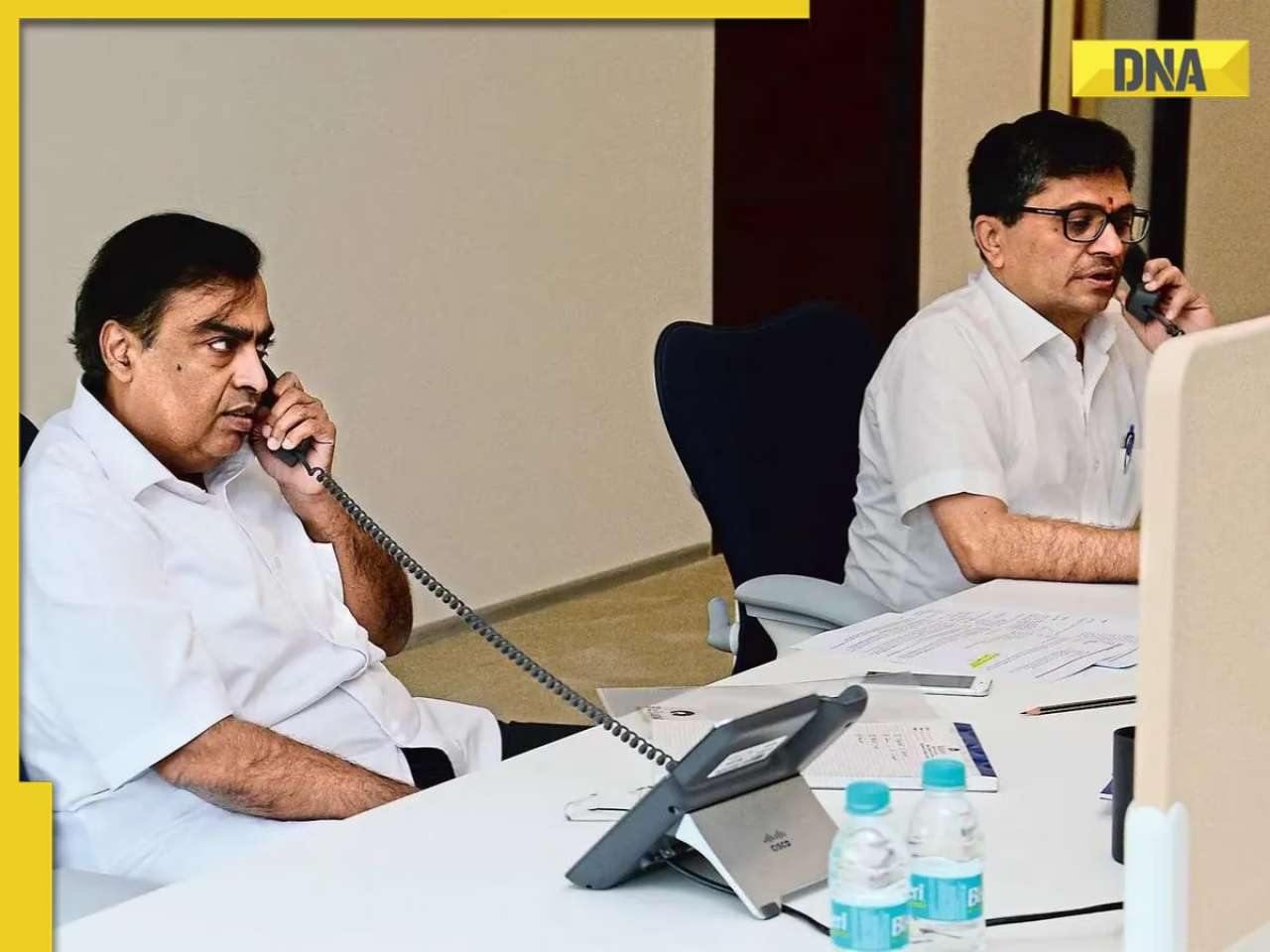







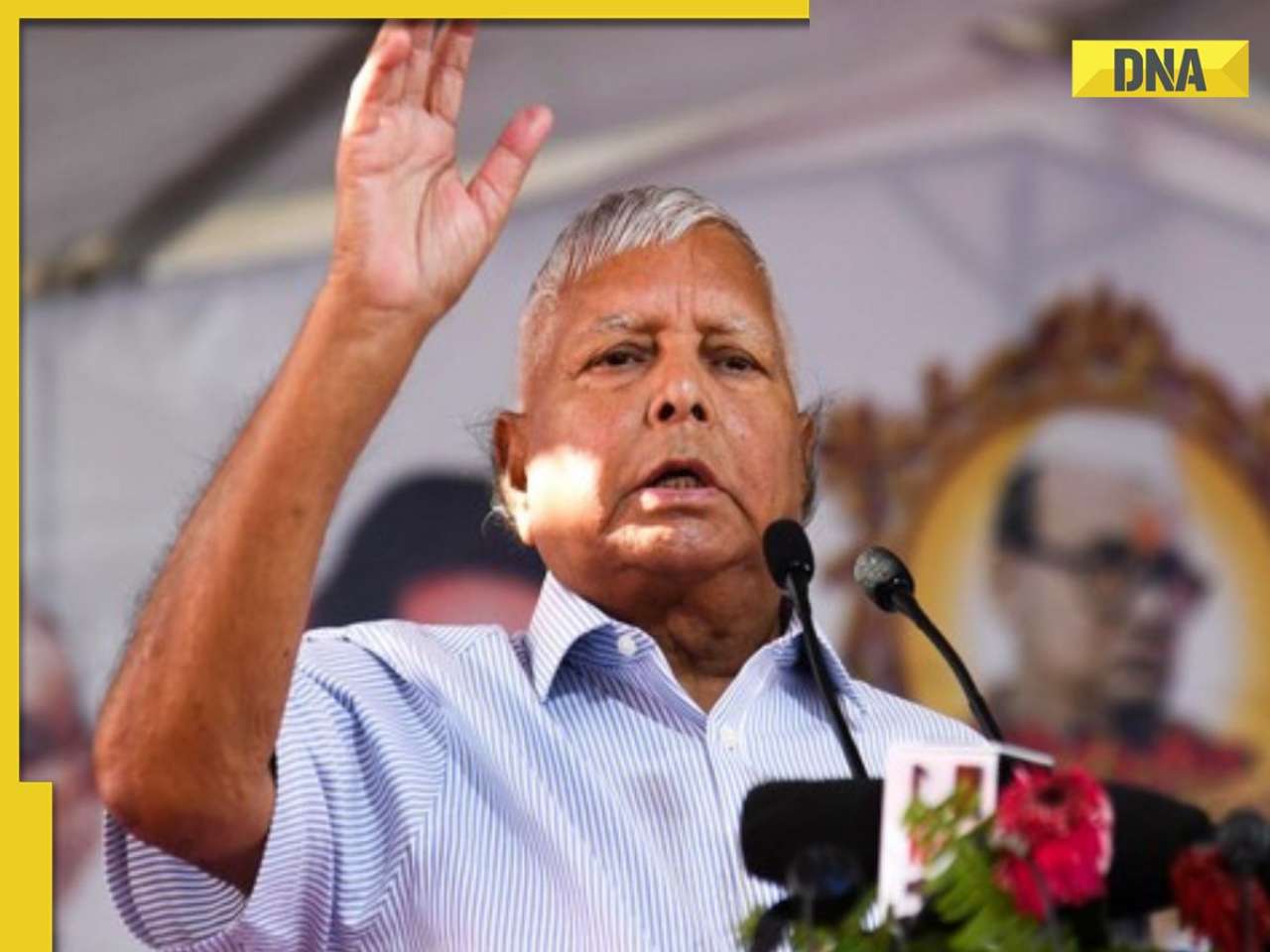
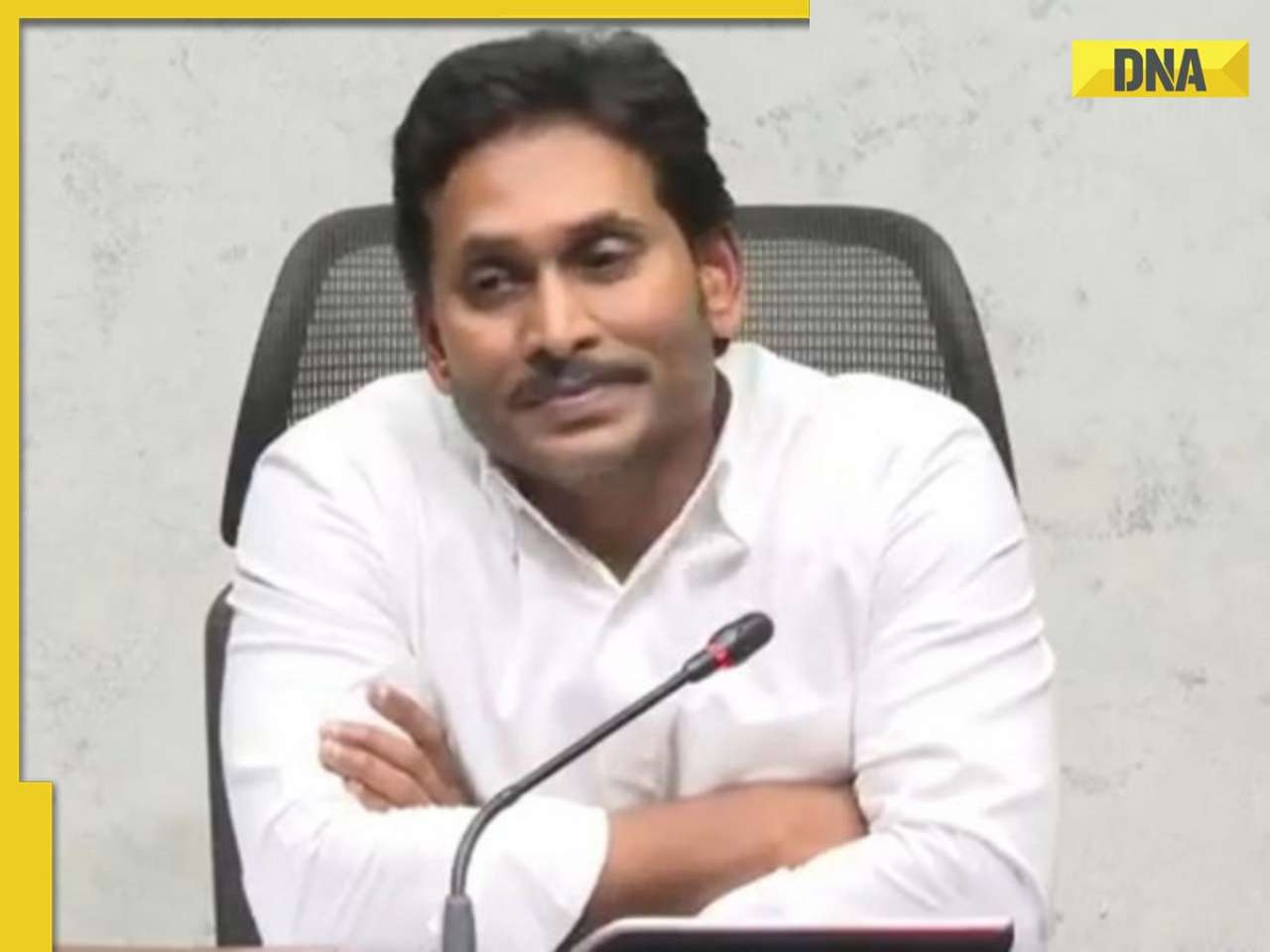


)
)
)
)
)
)
)
)
)
)
)
)
)
)





)
)
)
)
)
)